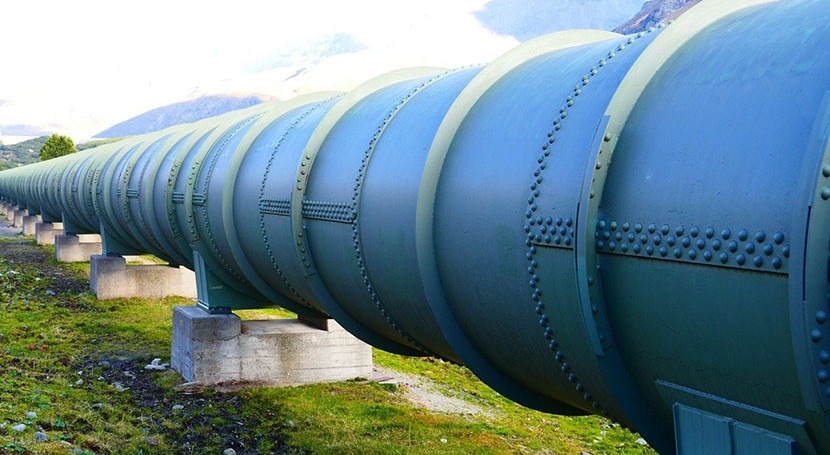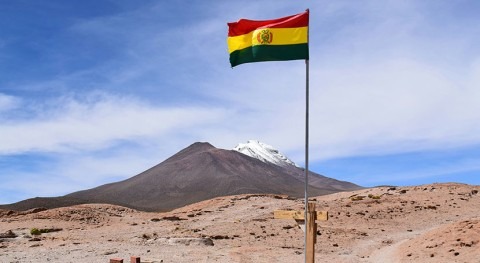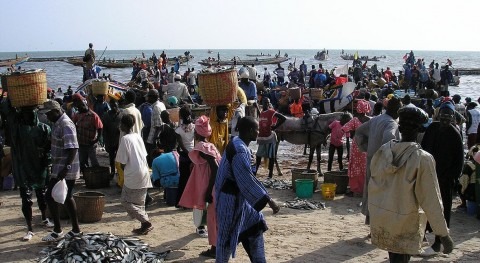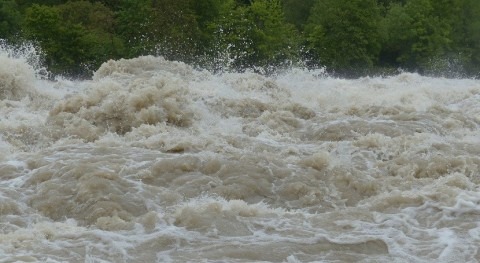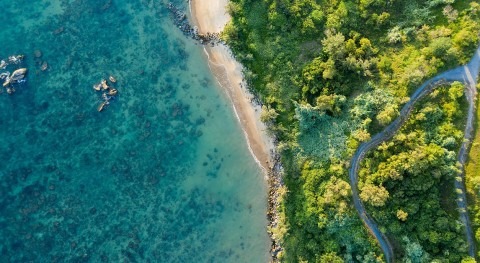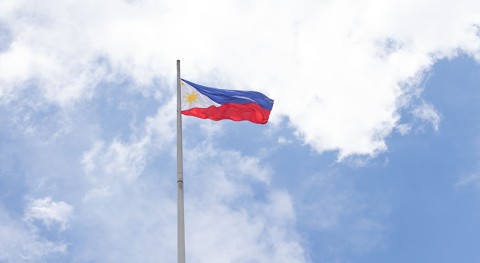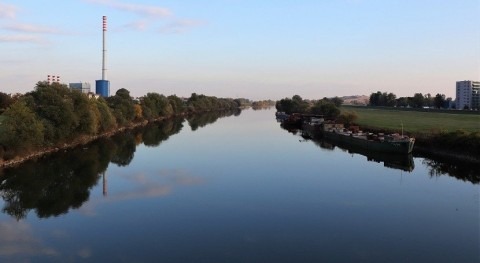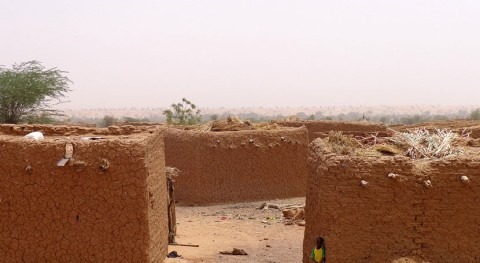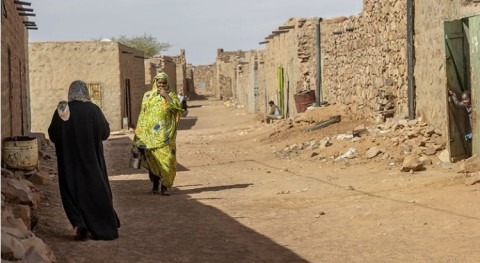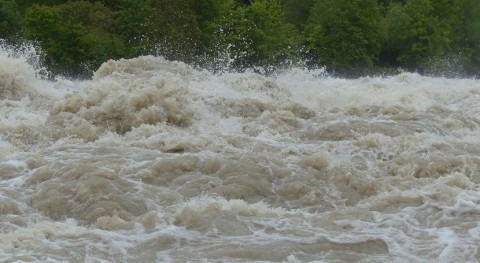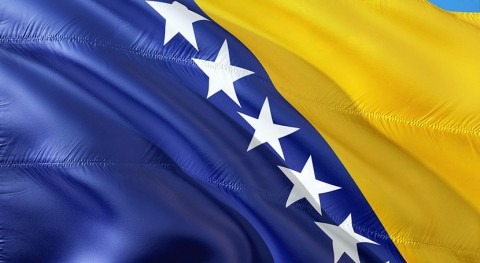The World Bank’s Board of Executive Directors has approved additional financing of $150 million to the ongoing Karnataka Urban Water Supply Modernization Project in order to accelerate the state of Karnataka’s efforts to bring continuous piped water supply to the entire population in three of its cities.
The World Bank’s partnership with the Government of Karnataka for urban water reforms started in 2004. Support of about $52 million was first extended to the state to bring continuous and reliable piped water supply to about 230,000 people in specific ‘demo-zones’ on the outskirts of three major towns: Hubballi-Dharwad, Belagavi and Kalaburagi. At this time only 34-60 percent of residents in these cities were connected to piped water supply for about two hours every three days, and the water needed to be disinfected before being consumed.
This was one of the first such pilot projects to bring uninterrupted water supply where water shortages and poor water quality have long been the norm. The project introduced water meters and tariffs based on water use, which reduced citizens’ private expenses for securing water, led to the generation of revenues for the municipal water service provider, and helped conserve water.
Further support of $100 million was extended under the Karnataka Urban Water Supply Modernization Project to move towards continuous (24x7) water supply for the entire population in these three cities. The additional financing approved will further help the state achieve its ambitious vision of becoming the first state in India with these cities having a city-wide reliable and continuous safe water supply.
The World Bank’s Board of Executive Directors has approved additional financing of $150 million to the ongoing Karnataka Urban Water Supply Modernization Project
“India’s battle with intermittent supply of water in cities and towns where low-income households in formal and informal settlements are excluded from formal supply is being won in three urban centers of Karnataka,” said Junaid Ahmad, World Bank's Country Director in India. “In Belagavi, Hubballi-Dharwad and Kalaburagi, the establishment of modern water utilities is aimed at ensuring universal and continuous access to water supply, regardless of income level and housing status. That water priced equitably and managed efficiently can serve the needs of all citizens is a strong message of development from Karnataka.”
Karnataka is the second most drought-prone state in the country, and Belagavi and Kalaburagi are in districts that are ‘extremely highly’ water-stressed. Hubballi-Dharwad is considered highly vulnerable to cyclones and wildfires. It is likely that the existing water stress will only be aggravated by climate impacts. The additional financing will enhance the cities’ capability to respond promptly and effectively to emergencies and crises.
The bulk of investments will be for rehabilitating or replacing pipelines and providing new meters. The project will focus on low-income households by providing them with new connections or replacing old ones. Mass awareness campaigns on water conservation and reducing overflows and leakages will help reduce losses. The project aims to benefit more than 2.8 million people.
Under the Project, the municipal corporations in each of the three cities will establish a city water company which, in the long term, will be responsible for managing water services in the city. This will consolidate water sector responsibilities and ring-fence revenues. In addition, sanitation services will gradually be integrated into each city water company.
The project supports a single-point accountability from source to tap through a private operator contract and also ensures institutional and financial sustainability of the reform by operationalizing an autonomous, city-owned water supply company. A transparent volumetric tariff system, which ensures that consumers pay only for what they use and not for water lost in the system, aims to ensure socially sustainable cost recovery.
“The first World Bank-supported urban water supply project in Karnataka, the Karnataka Urban Water Sector Improvement Project, successfully demonstrated several ‘firsts’ in the sector: continuous and reliable piped water supply to parts of large cities, consumer willingness to pay for good service, and private sector interest in this nascent market on terms that are acceptable to the public,” said Andreas Rohde, World Bank’s task team leader for the project. “The Karnataka Urban Water Supply Modernization Project and the additional financing will ensure that this work will be scaled up city-wide.”
The engagement with Karnataka is part of a small but growing portfolio of innovative reforms in urban water supply that the World Bank is supporting in India, for example in Himachal Pradesh, Tamil Nadu and Punjab. Karnataka’s innovative program can demonstrate a model of improved municipal water service levels that could be replicated on a national scale in India.


